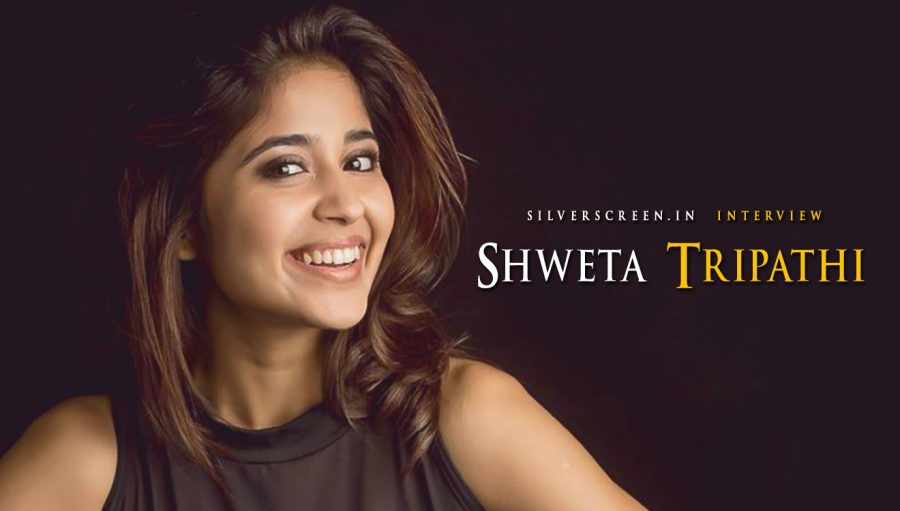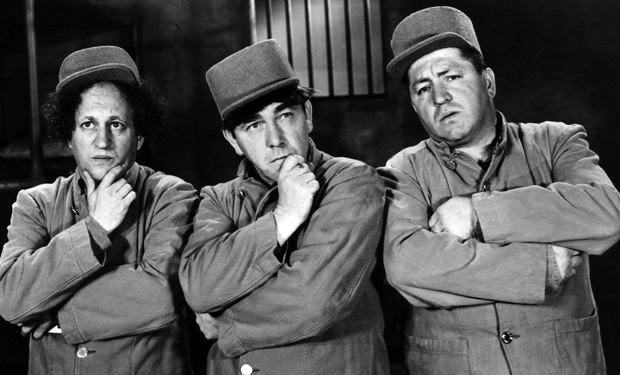Shweta Tripathi would make a great drinking buddy. Her general affability and exuberance would make conservation easy and her disarming curiosity would keep it flowing. She appears to be an odd mix of the characters she has played on-screen – the vulnerable Sandhya in Haraamkhor, the determined Shaalu in Masaan and, sometimes, the happy-go-lucky Ananya from the Disney web-series The Trip. But, that’s just what actress Shweta Tripathi does – brings to life very relatable characters.
The actress, who has made unpredictable career choices, will soon be seen in a Tamil film. Director Saravanan Rajhendran roped her in after watching Masaan. “I play the role of Mehndi, who is born and brought up in a circus family. It’s a love story between this girl and a boy from a higher caste,” she says as we finally sit down for the interview during her recent visit to Chennai.
It feels more like a conversation because Shweta clearly doesn’t stick to the script. She has a way of drawing you into conversations that I had to remind myself I was there to talk about her and not me. After much digression, I get to the question – “Why a Tamil film?”
“As an actor, I don’t want to restrict myself to any medium or language. It’s important to push your limits and keep learning. Bollywood, Tollywood, Kollywood – the label doesn’t matter, what matters is the kind of films and characters I do. We are storytellers, and an actor is the medium through which a story is told, which makes the story the main hero,” she says, adding: “Look at how popular Iranian films are. Language doesn’t stop you from watching them.”
But emoting in a new language can’t be easy. “A lot of people just say ABCD or 1,2,3 while lip-syncing the dialogues but I feel that is cheating the audience. There is so much subtext in the things we say,” she says. While Hindi gives her the scope to “wing it” sometimes, changing a word here and there in the dialogues, it wasn’t possible in Tamil. Before starting the shoot, she did a week-long workshop where she rehearsed the scenes and continued her Tamil classes in Mumbai.
“Even before shoot, I would sit with the assistant director and rehearse my lines. It’s a lot of hard work. Hopefully, it will be worth it,” she says. Since she plays a North Indian who speaks in Tamil in the film, the script allows a few lapses in diction.
The actress was exposed to Telugu films during her student days in Hyderabad. “A lot of good cinema is being made in the South. These are sometimes remade in Hindi, but they don’t always turn out to be good, which is why I wanted to be a part of the original. If there’s a Hindi remake of my Tamil film, that would be great too.”
Ask Shweta to name a few of her favourite movies, and she rattles off names such as PS I Love you, Notebook, Fight Club, Gone Girl, Whiplash, Ek Hasina Thi and Zindagi Na Milegi Dobara, besides David Fincher’s movies… “I love the choices that Alia Bhatt and Ranbir Kapoor are making.”
Apart from doing feature films, she has quite a few projects on digital platforms. Shweta will play a bride-to-be in Zoya Akhtar’s Amazon Prime web-series, Made in Heaven. It’s a 10-episode series revolving around two rival wedding firms. She is also doing Season 2 of The Trip, also starring Mallika Dua, Lisa Haydon and Sapna Pabbi. Her film Zoo, an Anurag Kashyap production, was completely shot on an iPhone. And, she is particularly excited about Mirzapur. In her words, “It’s one of the best scripts I have read. My character gets introduced only in the second episode, but I wanted to be a part of it.”
Set in Mirzapur, the story revolves around three families – Pankaj Kapoor who’s an all-powerful don; two brothers played by Ali Fazal and Vikrant Massey; a family of two sisters played by Shriya Pilgaonkar and Shweta Tripathi. “It’s the story about power-hungry people and the games they play,” says Shweta.
The actress is all praise for the digital medium. “Earlier, the reason for piracy was that the original copies were either inaccessible or expensive. Now, I watch a Game of Thrones episode sitting anywhere in the world. Moreover, the web has given opportunities to writers, directors and filmmakers,” she says.
Shweta believes that while mainstream movies provide visibility, the blurring lines between commercial and indie films, and the opportunities across platforms give artistes plenty of room to experiment with their work. If a feature film actress experiments with the digital platform, it no longer means she’s not getting good work on the big screen. She says that while a regular Joe can’t be expected to watch Masaan, as long as there is balance between films such as Golmaal and A Death In the Gunj, there are enough options.
“Look at Ali Fazal. Victoria and Abdul was a Hollywood project. Now, he is doing a film with Tigmanshu Dhulia, and Mirzapur. Two of my favourite actors are Ratna Pathak Shah and Ranbir Kapoor. They do different kinds of movies, but you don’t categorise them,” she says.
Recommended
What about female actors? Though she admits that there are not enough complex female characters, she says, “Today’s heroine can sport messy hair and clothes, and not be considered dorky. Characters need to have layers. Frou-frou characters can be aspirational but you can’t have uni-dimensional characters whose sole purpose is to get married or serve. It could be a part. For instance, I am getting married in two weeks and I want to get married, but that is not the goal of my life. Likewise, even characters need to be relatable.”
Shweta, however, confesses that she sometimes gets too involved in her roles. “In the film Gone Kesh, I play a character who has alopecia (extreme hair loss). The character constantly notices other people’s hair, and I realise I have started doing it involuntarily in real life… Haraamkhor gave me nightmares,” she says.
Talking about the heartbreaking moment in Masaan, where Vicky Kaushal’s character discovers his lover’s body on the pyre, she says, “Neeraj Ghaywan (the director) and I were standing afar, watching Vicky and crying quietly. I live for these moments.”
****



